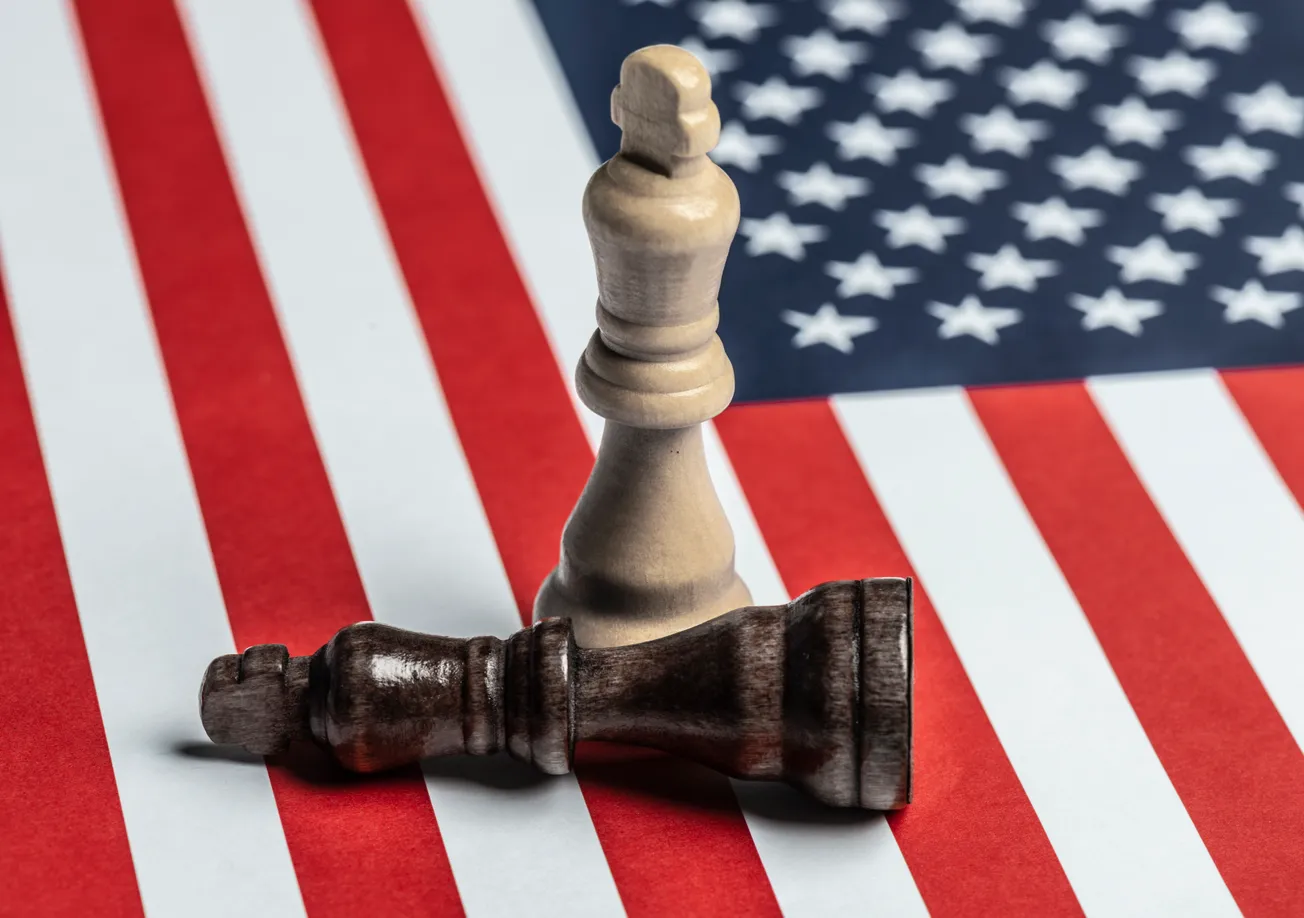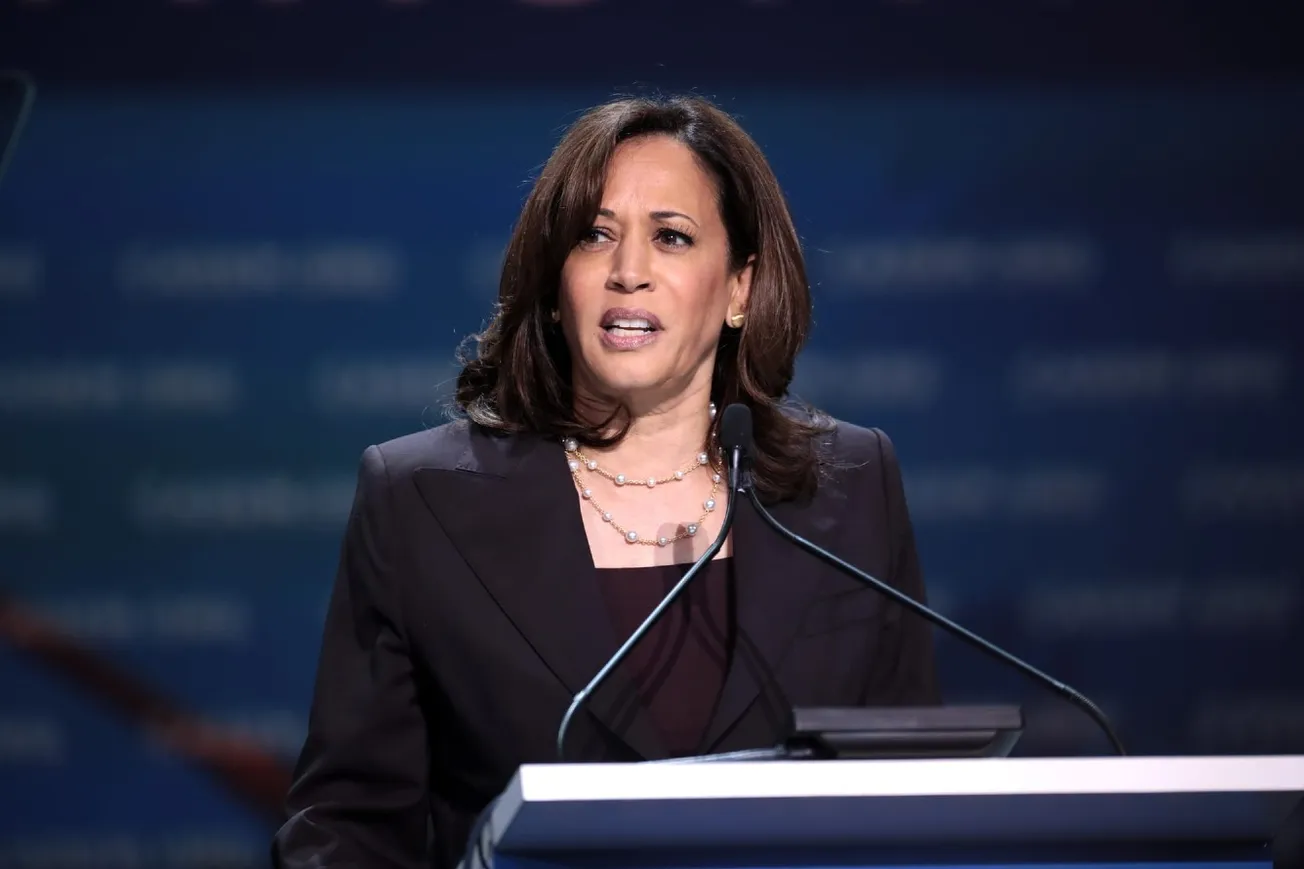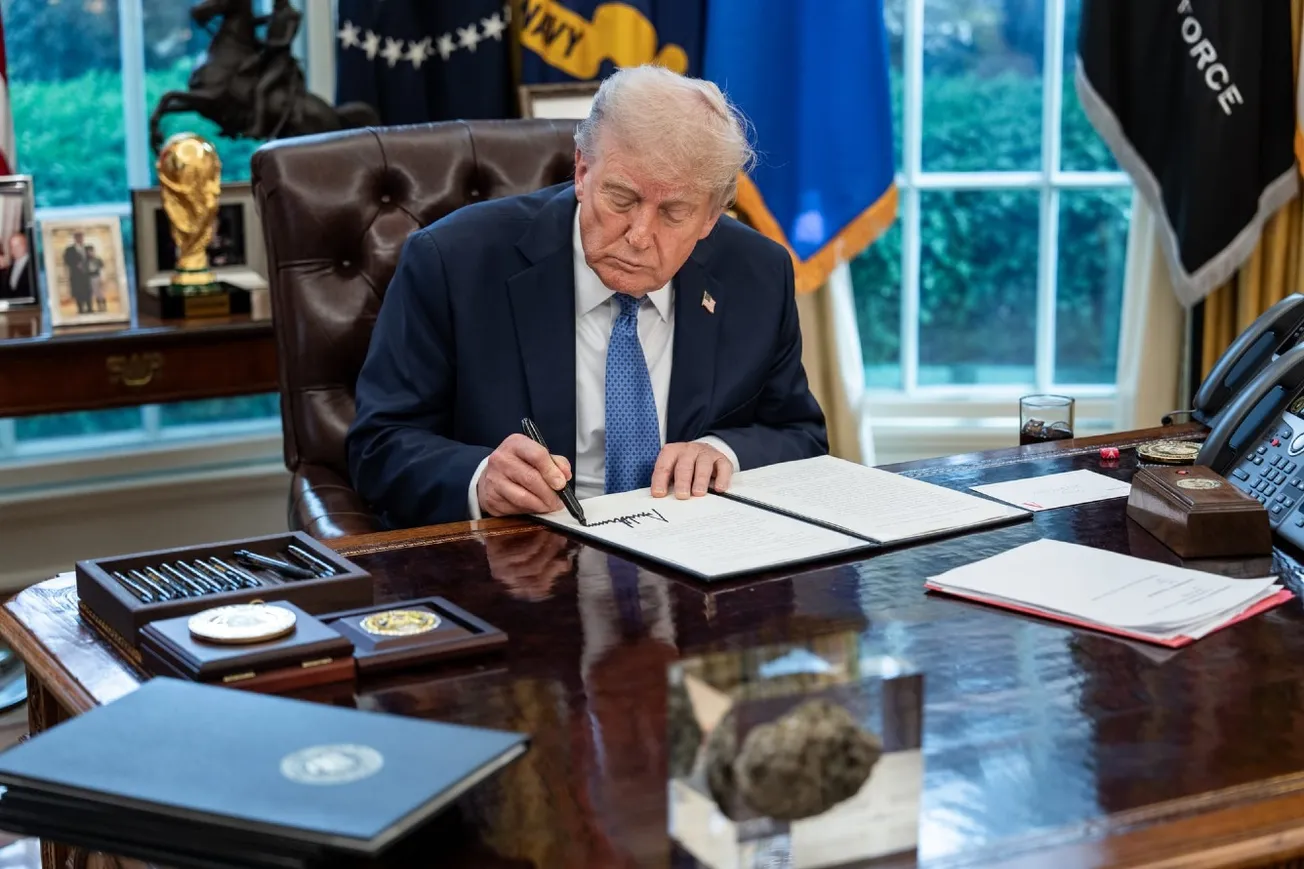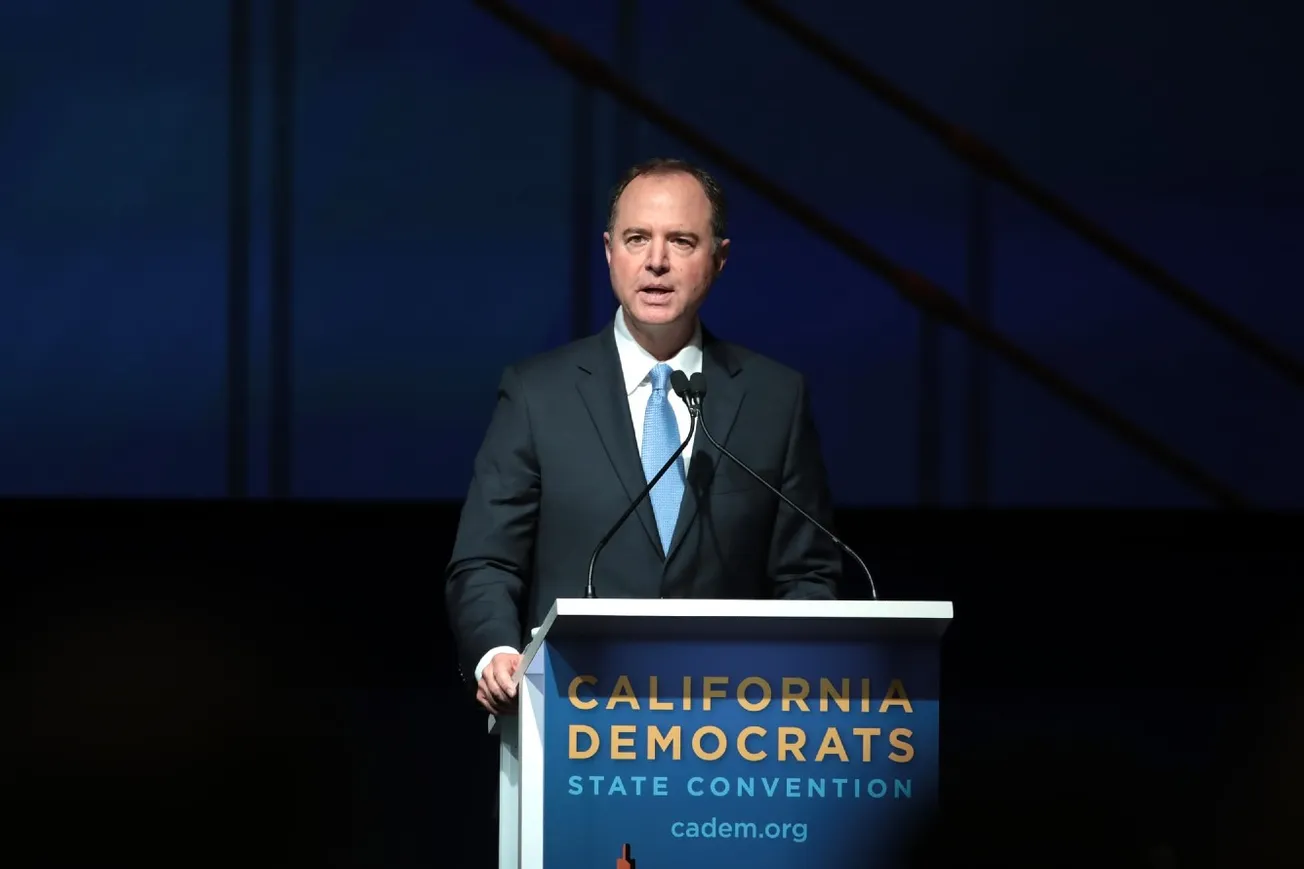Ever since the Supreme Court Dobbs judgment two summers ago, which returned the question of abortion rights to the states in an elegant decision celebrating the Tenth Amendment, the Democrats have been relentlessly fighting the Republicans.
The Left made such a big fuss about abortion that what was turning out to be a red wave in 2022, given the disastrous performance of the Biden-Harris administration across multiple factors, ended up being surprisingly beneficial to the Democrats. They held onto the Senate and conceded the House to such a narrow GOP majority that the current Republican speaker remains beholden to the Democrats even for keeping his gavel.
With America weeks away from electing our 47th president, Vice President Kamala Harris is again stoking the flames of reproductive rights. Speaking to a Wisconsin public radio station, Harris suggested that she is in favor of abandoning the 60-vote Senate filibuster rule only for abortion so that Congress can codify Roe v. Wade protections into federal law, thereby nullifying the Dobbs decision altogether.
Harris has repeatedly suggested her radical ideas to fundamentally transform America by insisting that "we should have a conversation." Over the years, she has favored having many conversations about various questions, including decriminalizing brothels, making reparation payments to communities that were disadvantaged by America's past, defunding the police, getting rid of immigration enforcement by eliminating ICE, providing healthcare to illegal immigrants under a Medicare for All program, and imposing fines on corporations for paying minority women less than white men.
However, among all these conversation starters, her idea to abandon the Senate filibuster could become the most consequential since former Senate majority leader Harry Reid of Nevada fired the opening salvo when he pushed through a filibuster exception rule to confirm Obama administration nominees in 2013.
The United States Senate has 100 members, and for generations, the chamber has been closely divided, with around 50 seats for each party. For a bill to pass, the Senate requires at least 60 senators to vote for it; otherwise, the bill will die on the floor. Thomas Jefferson famously alluded to the Senate as being a saucer to cool the hot tea coming out of the House of Representatives.
Not only is the Senate, as a body, slower to take up bills from the House, but the deliberations in the chamber can take much longer, too. A single senator can place a rider on a bill for weeks, tying the chamber's business up in knots. These tactics have enormously helped America, as delays often cause our lawmakers to have second thoughts and oppose a bill for which they had planned to vote in the affirmative when the bill was first introduced. Killing bad legislation is far more critical than passing good ones. Because once something becomes law, it is very difficult to undo it.
Under Mitch McConnell, the Senate passed a filibuster exception for Supreme Court nominees in 2017 during the Trump administration, when the GOP controlled the chamber. This rule has stayed and has confirmed four justices since:
- Ketanji Brown Jackson: Confirmed 53-47 on April 7, 2021.
- Amy Coney Barrett: Confirmed 52-48 on October 26, 2020.
- Brett Kavanaugh: Confirmed 50-48 on October 6, 2018.
- Neil Gorsuch: Confirmed 54-45 on April 7, 2017.
The last justice to win confirmation before the filibuster exception was Elena Kagan, who was confirmed 63-37 on August 5, 2010. Before that, Sonia Sotomayor was confirmed 68-31 on August 6, 2009.
In the Dobbs v. Jackson Women's Health Organization decision, which overturned Roe v. Wade, the justices who voted to uphold the Mississippi law and effectively dismantle federal protections for abortion were Chief Justice John Roberts, Samuel Alito (who wrote the majority opinion), Clarence Thomas, Brett Kavanaugh, Amy Coney Barrett, and Neil Gorsuch. The last three justices on the list were all confirmed by the Senate under the filibuster exception rule. Barrett received no Democratic votes, Kavanaugh got one, and Gorsuch got three. When Trump boasts that he got Dobbs done, he is technically correct. A decision impacting a divided nation had practically zero Democratic support.
Beyond the purview of the Dobbs decision, the filibuster point is more significant. On a matter that has created great upheaval in the nation for two years, it can be argued that President Trump would have nominated a more balanced set of justices if the filibuster rule was still in place. In other words, the lack of a filibuster threat allowed President Trump to nominate riskier justices who could be confirmed by a more party-line vote - so that they could unleash more decisions favorable to the GOP from the august bench of the Supreme Court.
Astonishingly, Harris is now proposing to end the filibuster rule to pass routine bills. She knows—after all, she was in the Senate when Brett Kavanaugh, Amy Coney Barrett, and Neil Gorsuch won confirmation—the impact of lifting the filibuster. Why would Harris play with fire for routine deliberations in the Senate?
Suppose she is elected president, gets rid of the filibuster, and passes her favorite abortion bill next year. What happens when a new GOP president takes office and introduces another bill to overturn the Harris legislation? Or pass legislation - such as gun ownership rights or regarding immigration favorable to the GOP, but that is anathema to the Democrats? Isn't what we learned in grade school - what is good for the goose is also good for the gander - frightfully true?
"Shame on her (Kamala Harris)," West Virginia Sen. Joe Manchin was cited as saying by CNN's chief congressional correspondent Manu Raju. "She knows the filibuster is the Holy Grail of democracy. It's the only thing that keeps us talking and working together. If she gets rid of that, then this would be the House on steroids."
Manchin confirmed that he would not endorse Harris for president. Another Democrat-turned-Independent, Krysten Sinema of Arizona, also expressed horror that Harris wanted to eliminate the filibuster. Both senators have been ardent supporters of the filibuster.
The Harris campaign is losing its footing in the battleground states. Desperation is one thing. However, wrecking the very foundation of the American political process is something very different and extraordinarily reckless.
Voters must punish Harris for this proposal alone to save American democracy.









